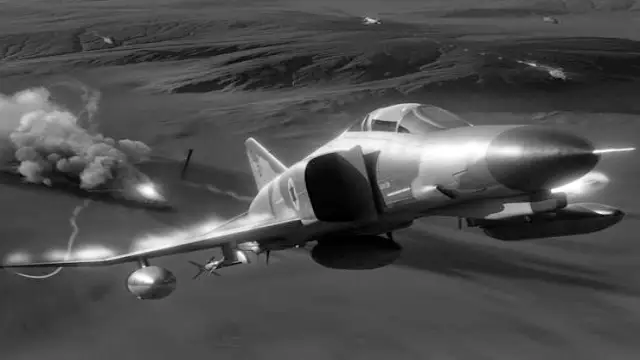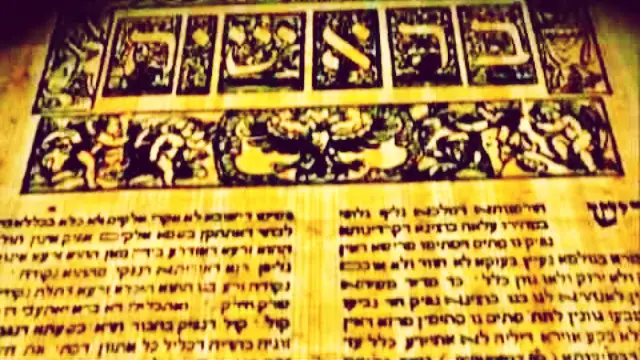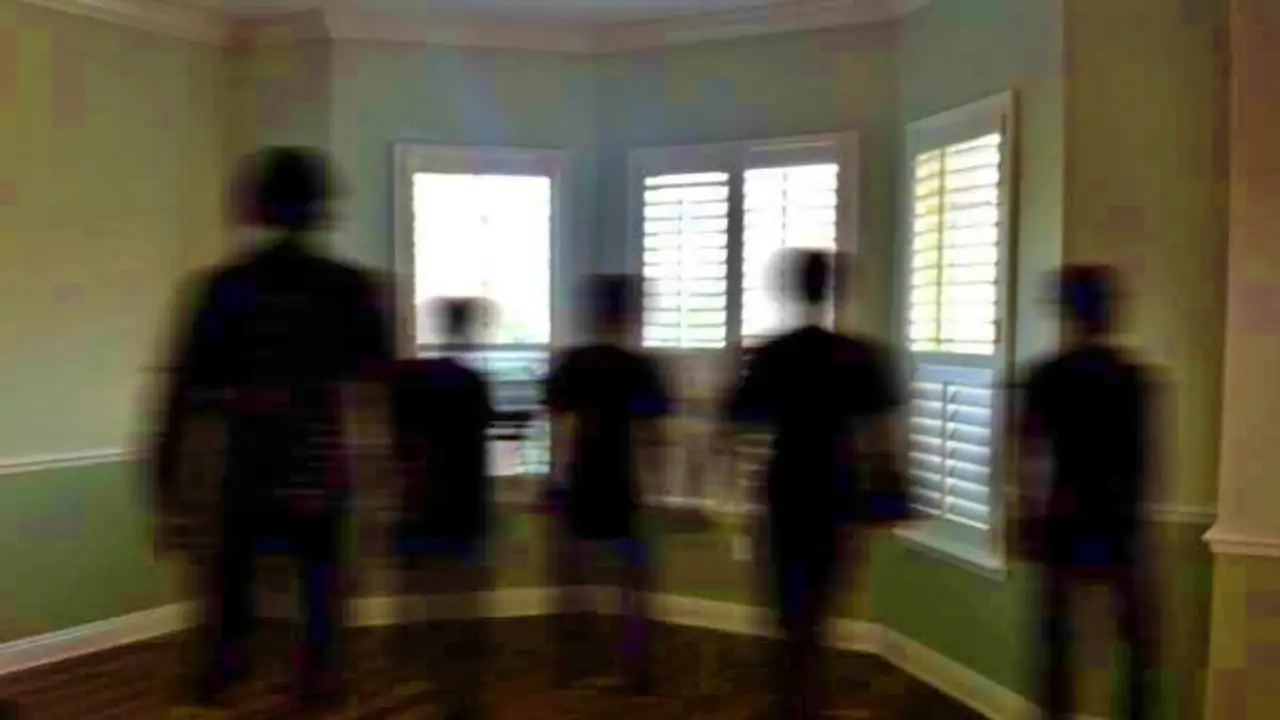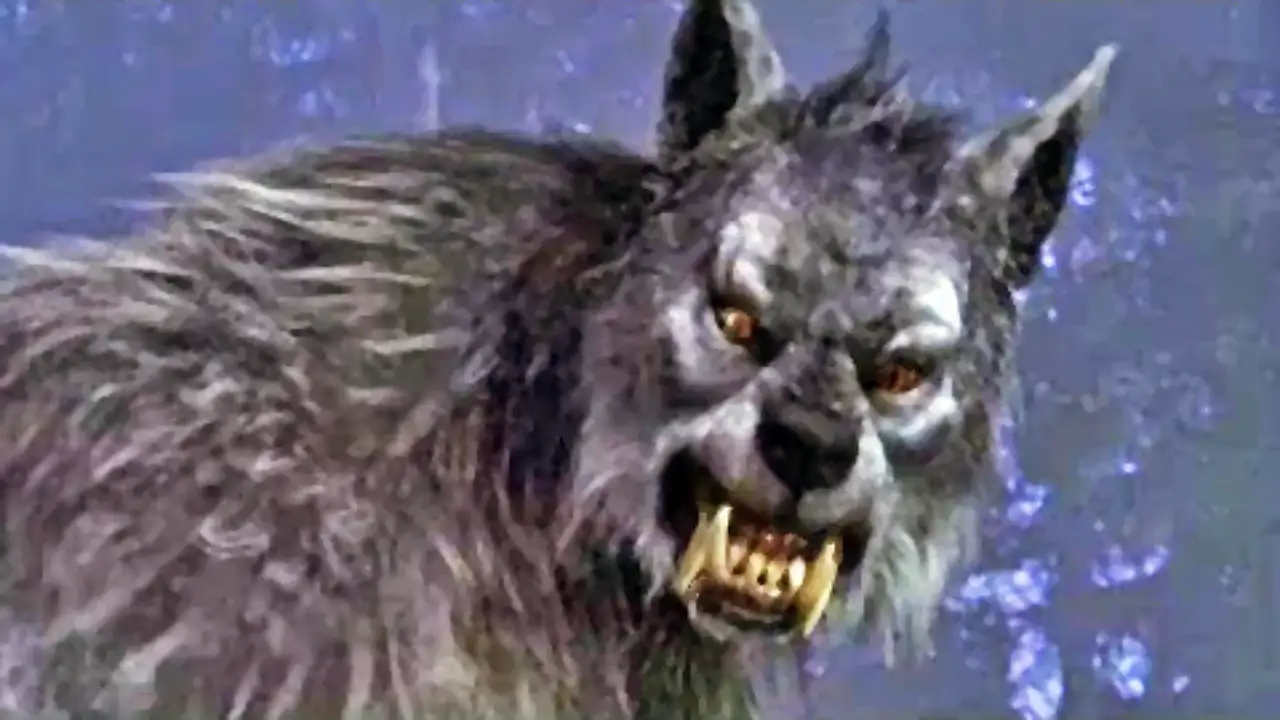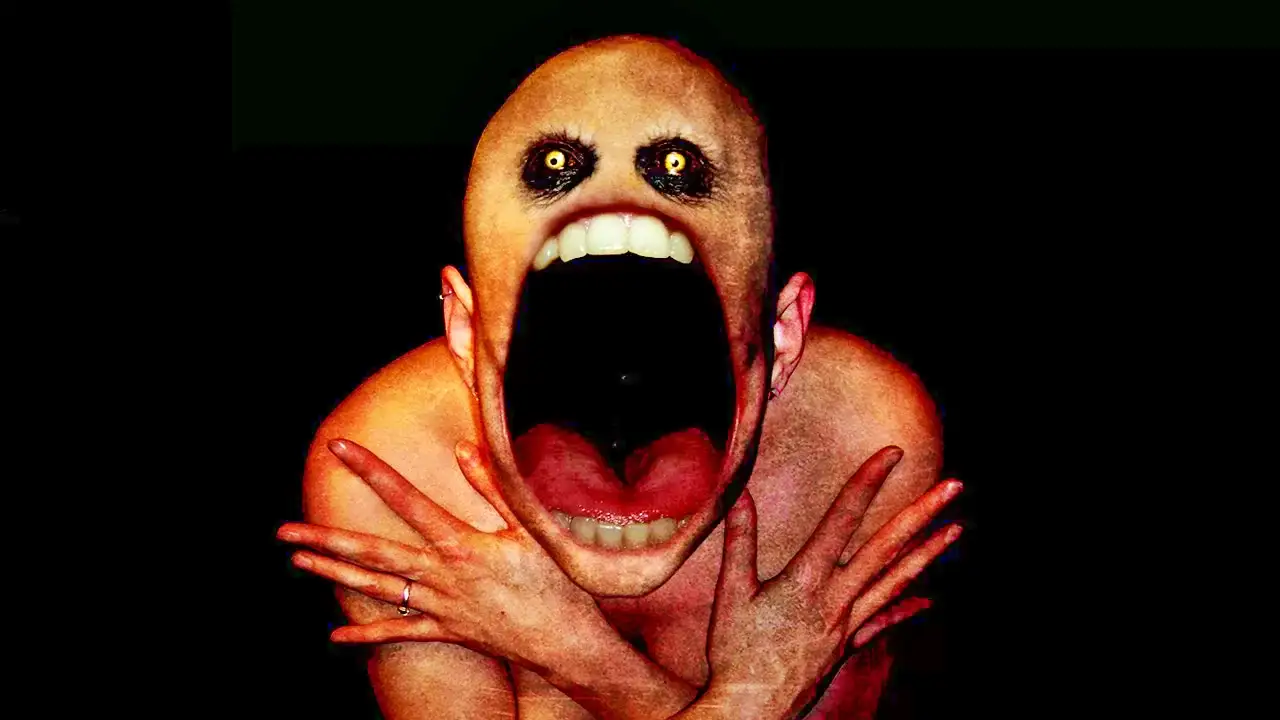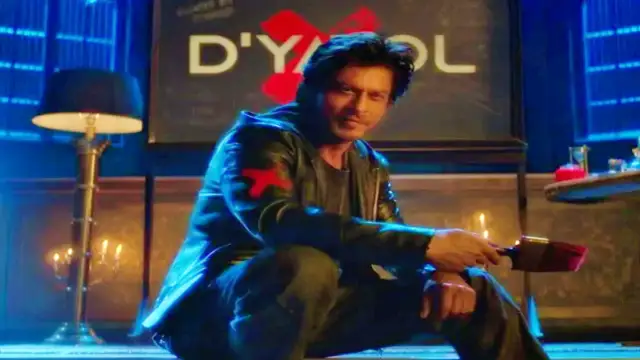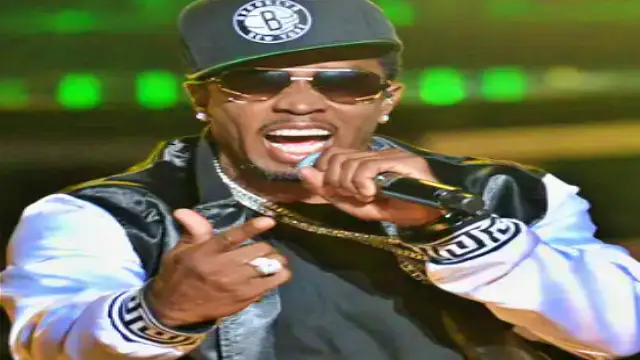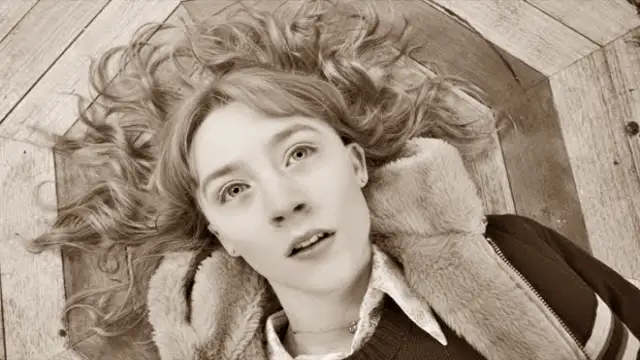Michael Winterbottom is a director who shifts from style to style, subject to subject, each film an existential leap of faith where form and meaning evolve with each-other: how he makes a film is at least as important as what it’s portraying. As a result one of his films might look completely different to the last, and yet there are tenaciously recurring ideas and instincts apparent in his career. The Face of Angel represents an attempt by the wayward Brit auteur to unify the multifarious strands of his thematic refrains and his expressive palate. The nominal basis of this tale is the Meredith Kercher-Amanda Knox murder case in Italy and the media frenzy that surrounded it. But what Winterbottom is really interested in is how a half-way authentic artist, even (or especially) one who’s adapted to the vagaries of modern commercial art forms like film, struggles to find personal connection and the right to ambiguity in situations where worldly forces demand immediate polarisation. The result is inevitably messy, a crankish metanarrative stunt about itself – the refusal of a film artist fallen on hard times to succumb to mere tabloid enquiry and instead straining to understand the little corner of hell he’s faced with. Thomas (Daniel Brühl) is a filmmaker who’s still reeling from a breakup with his movie star wife and separation from his young daughter, as well as a coincidental flop he directed.
Trying to revive his career, he accepts an offer to develop a movie adaptation of a book written by journalist Simone Ford (Kate Beckinsale), based on her coverage of a lightly fictionalised version of the Kercher-Knox case, where the victim is called Elizabeth Pryce (Sai Bennett) and the accused, convicted killer Jessica Fuller (Genevieve Gaunt). Jessica is currently appealing her sentence when Thomas arrives in Siena, to meet with Simone, absorb the milieu, and start writing a screenplay. Thomas negotiates the ancient city’s twisted streets and the equally labyrinthine mesh of rumour, theory, and the prejudices people bring to the search for truth, whilst also wrestling with his own eddying emotional and intellectual state. He has a brief affair with Simone, a hardy and self-sufficient single mother and jobbing journo who works for a variety of news sources. He looks on from the mass of media and rubberneckers as Fuller is trotted out for hearings, and listens as Simone and her fellow reporters argue over their different opinions as to Jessica’s guilt. He meets winsome English student Melanie (Cara Delevingne) and shady bohemian landlord Edoardo (Valerio Mastandrea), who seem all too willing to step into the roles of Beatrice and Virgil, as Thomas envisions filming the murder case through the prism of Dante’s Inferno. He harbours deep anger at his ex-wife and considers her new husband, the man she had an affair with and left him for, to be a sleaze, and he has anguished Skype contacts with his young daughter Bea (Ava Acres).
To jog himself out of his apathy and feelings of being excessively insulated, Thomas starts taking cocaine, and moves into an apartment owned by Edoardo, who keeps dangling before him the promise of solutions to the mystery of the murder, prodding him to read a screenplay he’s written containing the secrets he’s uncovered. Thomas starts developing a burrowing paranoia in his sleepless and drug-addled state, and soon can’t tell if he’s stumbling into a dangerous situation or simply lapping around the pool of his own lack of inspiration and drive. The further he drifts away from the locus of the hullaballoo of trials and media hacks, however, the closer he seems to be moving towards the murder victim herself, the erased person who cannot speak at all and has been blotted out by the sensation: the title comes from the common ironic reflection on Jessica’s appearance but Thomas instead applies it to the lost Elizabeth, who conflates in his mind variously with Bea, Melanie, and himself. He and Simone talk to judges on the case, to police, and to some of the witnesses and friends of the accused, each locked in their own little space of confusion, satisfaction, or grief.
The Face of an Angel is a failed work in many regards, but it’s certainly a failure of fascinating density and revealing confluence. Here we have Winterbottom the post-modern show-pony of A Cock and Bull Story (2006). The reportorial alertness of Welcome to Sarajevo (1996) and 24 Hour Party People (2002). The wandering diarist of 9 Songs (2004) and The Trip (2010). The exiled bourgeois of Genova (2008). The litterateur of Jude (1996) and The Claim (2000). The delver into troubled psyches and tormented libidos found in I Want You (1998) and The Killer Inside Me (2010). Almost all of Winterbottom’s artistic facets are on show, except, tellingly and frustratingly, his gift for contending with real ugliness and edge: The Face of an Angel tries admirably to deal with the significance of murder in any way but in contemplating murder itself, but as a consequence remains at arm’s length from scenes of real, raw consequence, reproducing its hero’s habit of moving in devolving circles without quite finding any point of great import or urgent access. The film is the by-product of too many options, too many possible attitudes, as Winterbottom instead gets caught up in presenting exactly that quandary, how a sensitive human deals with a hunt for truth in a world that rides roughshod over it. Winterbottom accumulates cinematic as well as artistic and literary reference points. 8½ (1963) is an obvious fount of inspiration as ever for Winterbottom who’s often tackled the creative act itself as a theme. The portrait of the investigator fascinated with the image of murdered beauty recalls Laura (1944), the investigator’s addled chase down rabbit holes of non-event are reminiscent of Eyes Wide Shut (1999) and Zodiac (2007). The theme of the foreigner in Italy beset by enigmas, like Genova, nods to Nicolas Roeg’s Don’t Look Back (1973), although Winterbottom would never try to approximate Roeg’s high-style gamesmanship. He prefers the breeziness of a loose structure and the happenstance epiphanies of the shoot. Winterbottom even seems to be trying here to lend the sojourner improv of the Trip films/series to a more serious subject, in a film that begs description in a first-person subheading: how I went to Siena, screwed some gorgeous ladies, snorted good coke, and started getting my shit together by first losing it completely.
Winterbottom nonetheless handles the recreations of the media ruckus around the trial scenes with a note-perfect sense of immediacy, and captures the environs of Siena with a crisp, lushly coloured feel for both its beauty and its intestinal-like abysses. Perhaps it’s precisely that quintessentially English brand of surface realism, one Winterbottom is long accomplished at wielding, that he feels he must strain at, as he constantly pushes at the edges of a less liminal sense of the world. But at least here he can’t effectively breach a psychological realm: the few sequences depicting Thomas’ disturbing dreams, as when he imagines himself transformed into a writhing lizard-beast in the streets of Siena or picturing himself as the potential murderer with his wife and her lover cast as victims in bed together, only feel fragmentary and overwrought, gestures of cheap hype in a film that otherwise spurns such effects. As he lets himself be netted by Edoardo’s sinister promises of revelation, Thomas’s paranoid streak, unlocked by his cocaine habit, makes him do some stupid things, but the consequences and revelations are too minor to be worth much dramatically or experientially. A leap into more outright weirdness would have illustrated Thomas’ internal struggles more effectively and entertained more too. Winterbottom is something of an ironist, a portrayer of people often brought down by their own ambitions in the face not of titanic forces but the sheer insipidness of the world, and here he seems easiest observing the minutiae of pettiness, the glad-handing around the board table when Thomas meets with his producers and the coterie of journalists swapping their pet theories about the murder formed by their personal viewpoints and prejudices.
The business of art and the instant appropriation of crime as public narrative are certainly topics worth tackling, but too little in this narrative combusts. If Thomas was a more persuasive protagonist the film would be stronger, but Brühl, although well-cast, can’t suggest great depth under the surface of an already blandly conceived character. Even when he’s coked to the gills and hanging from a gutter forty feet above the street in a moment redolent of Hunter S. Thompson-esque gonzo adventure, Thomas desperately lacks any real streak of raconteur zeal, an ability to convincingly make events happen where nothing is happening. Delevingne, with her quirky and ragged acting style, ends up stealing the film from both Brühl’s pasty angst and Beckinsale’s symmetrical but perpetually plasticine stolidness, precisely because she’s obviously not as practised as either as an actor but also behaves more naturally on screen. When Thomas and Melanie go wandering together in a quasi-romantic fashion towards the end, the film is surely at its most rambling, but also seems here at last to find purpose, simply hanging out with two natural wayfarers enjoying themselves and escaping the roundelay of enigma and self-reference that dogs Thomas (and Winterbottom) before that. The concluding images moreover leave the film with a nexus of unexpected grace, as Winterbottom mimics his main character in finally making sense of the chaotic experience, pulling together the mass of confusion into a core image, a synthesis and a refinement, the very end as beginning.

